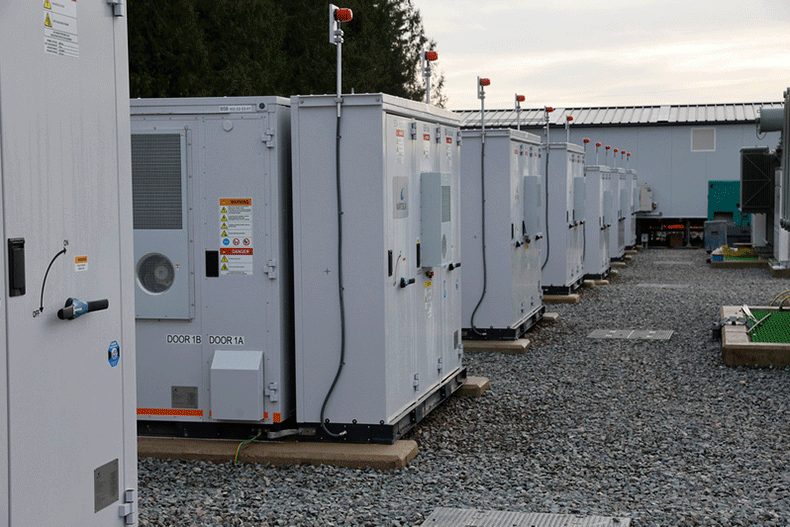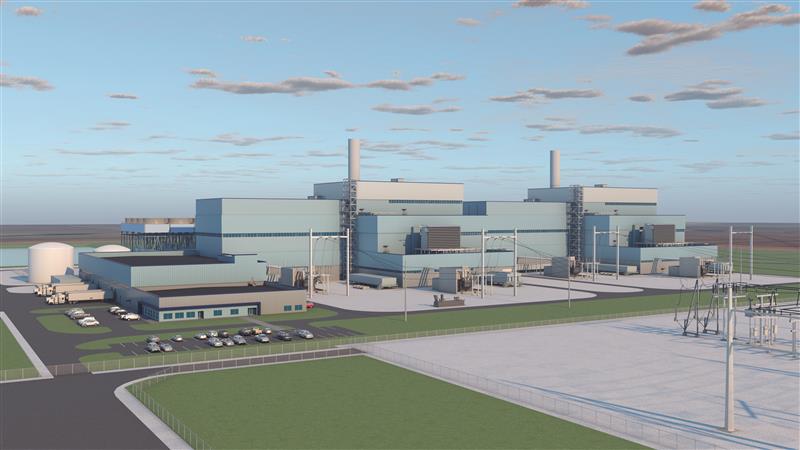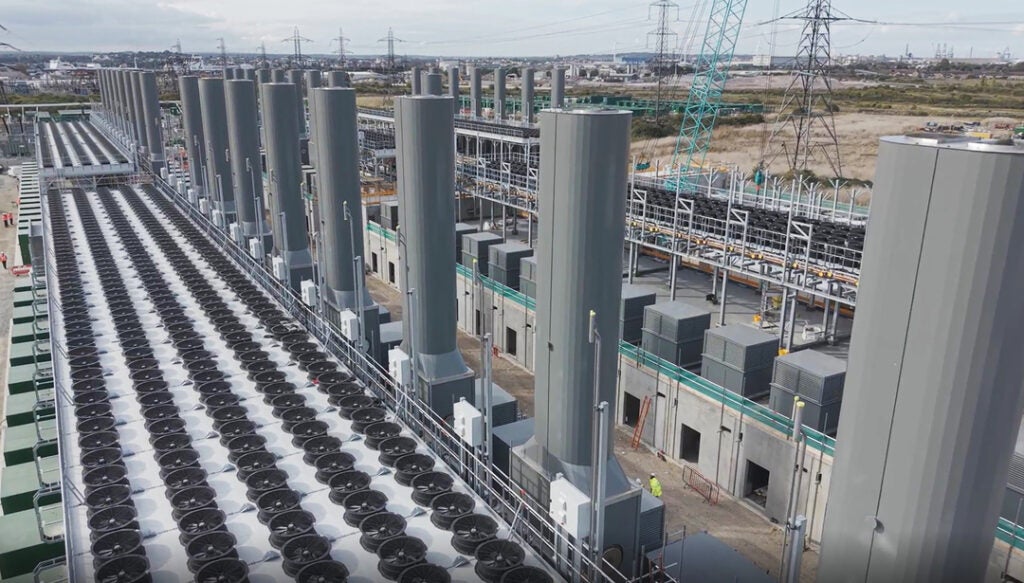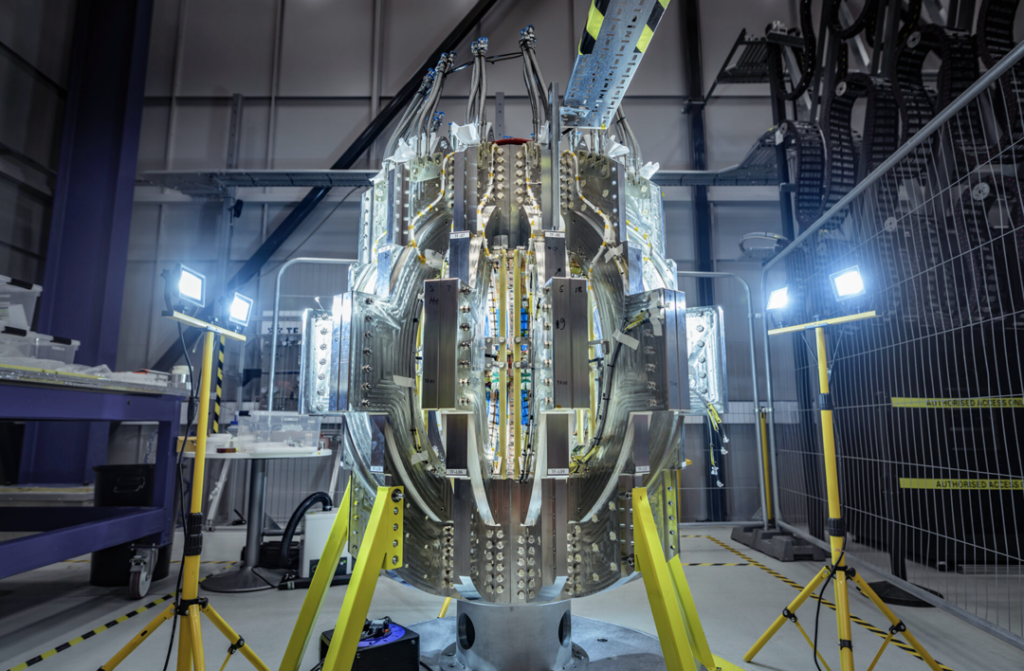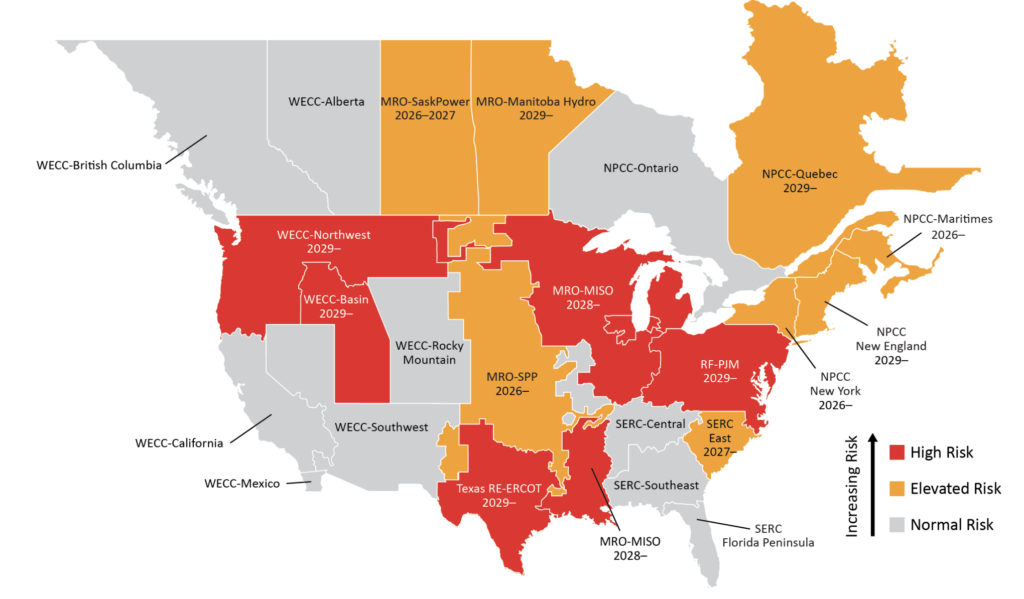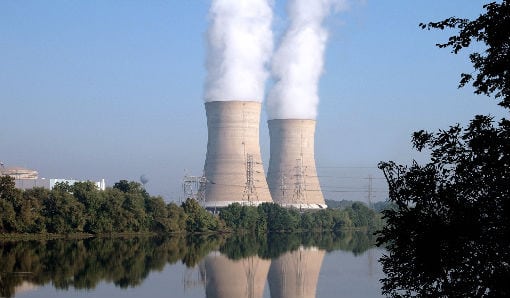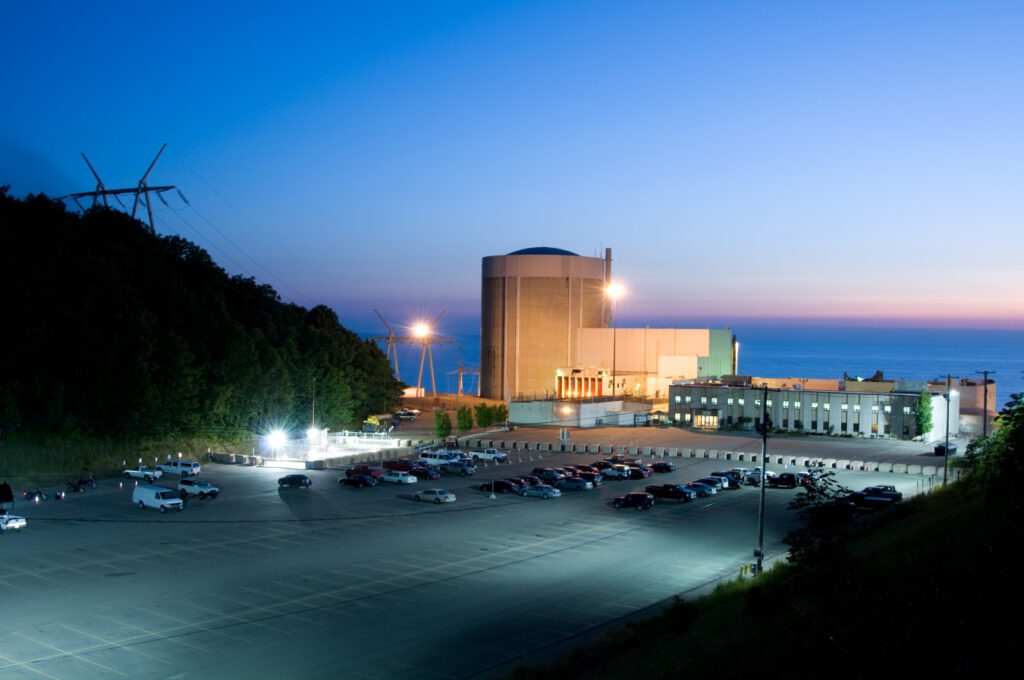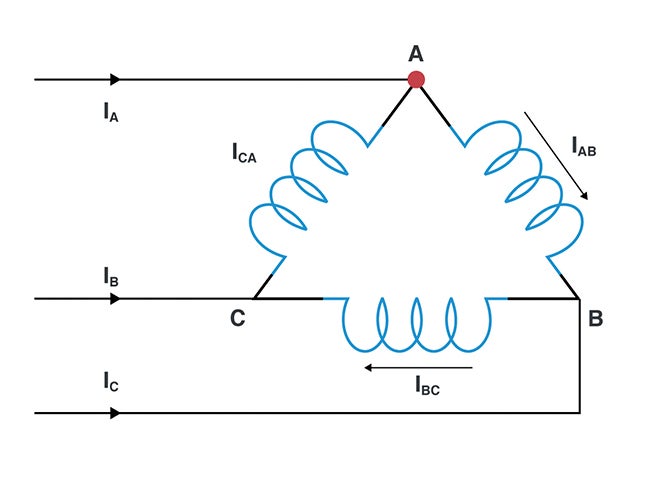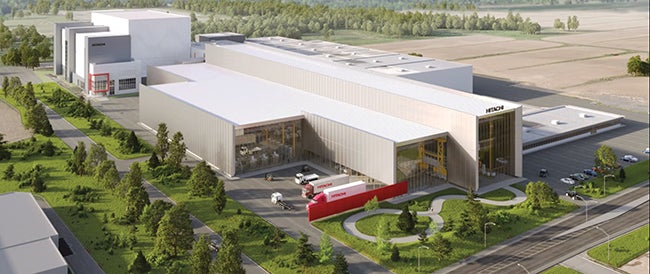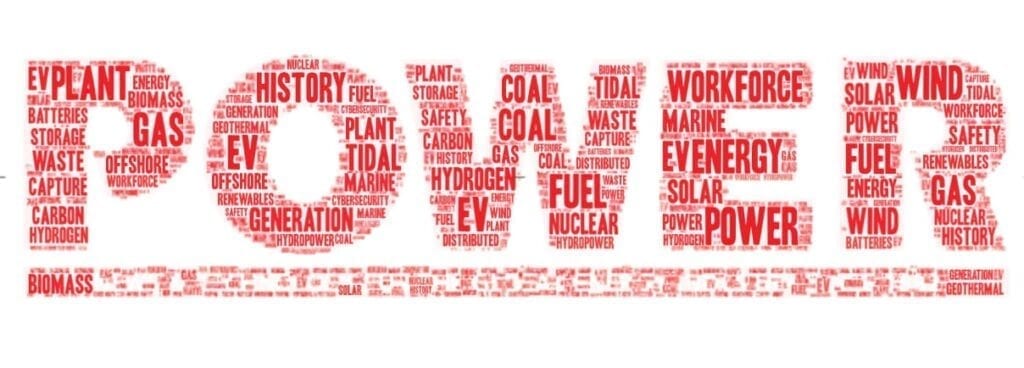Technology group Meta, the parent of Facebook and Instagram, has signed a 20-year power purchase agreement (PPA) with Constellation Energy to purchase about 1.1 GW of electricity from Constellation’s Clinton Clean Energy Center in Illinois.
Meta and Constellation on June 3 said the contract means the power plant will continue to operate beyond its expected closure in 2027. Constellation officials on Tuesday said the agreement, which will begin in June 2027, supports the relicensing and continued operations of the Clinton plant “for another two decades after the state’s ratepayer-funded zero emission credit (ZEC) program expires.” Constellation said the deal also would enable expansion of the facility’s output by 30 MW through power uprates.
Clinton could have been closed in two years upon the expiration of its zero emission credit. “Last year, Constellation’s announced plan to restart the Crane Clean Energy Center became national news, but despite all of the interest and overwhelming support, a key question was missed: why did we let such a valuable plant close in the first place? We all know that the closure cost our community jobs, tax revenue, more pollution and higher prices,” said Joe Dominguez, president and CEO of Baltimore, Maryland-headquartered Constellation. “We are proud to partner with Meta because they asked that important question, and even better, they figured out that supporting the relicensing and expansion of existing plants is just as impactful as finding new sources of energy. Sometimes the most important part of our journey forward is to stop taking steps backwards.”
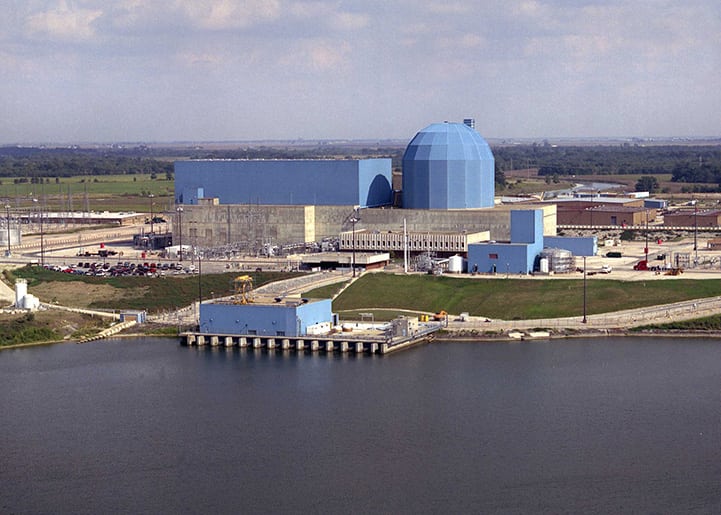
Urvi Parekh, head of Global Energy at Meta, said, “We are excited to partner with Constellation and the Clinton community to ensure the long-term operations of the nuclear plant, add new capacity, and help preserve over 1,000 jobs. Securing clean, reliable energy is necessary to continue advancing our AI ambitions. We are proud to help keep the Clinton plant operating for years to come and demonstrate that this plant is an important piece to strengthening American leadership in energy.”
Constellation last year announced a deal with Microsoft to restart the Three Mile Island nuclear plant in Pennsylvania. That agreement, along with the Clinton pact and similar moves by tech companies worldwide, are among the strategies being considered to provide electricity for energy-intensive data centers and support the use of artificial intelligence (AI).
Anil Khurana, executive director of Georgetown McDonough’s Baratta Center for Global Business, told POWER the Meta-Constellation deal “highlights and reiterates three things. First, that AI and data centers will continue to drive the world’s total energy consumption [from about 420 TWh in 2024 to almost 1000 TWh in 2030-31], and the U.S. growth is expected to be even faster!
“Second, that nuclear energy is likely to be a key part of the hybrid energy model for AI [as a reliable baseload], with the rest being renewables, storage, and on-site generation and microgrids. This is clearly behind the Meta-Constellation deal!”
Khurana added, “Third, that the past/ existing approach to nuclear power has been rapidly challenged by the thirst for power, long lead times, and regulatory challenges; there is a need to address these challenges alongside innovations like SMRs for onsite generation [and other applied research].”
Extending Clinton’s Operations
The Clinton Clean Energy Center originally was set to close in 2017, with Constellation citing years of financial troubles. The retirement was postponed after passage of Illinois’ Future Energy Jobs Act, which established the ZEC program and provided the plant with financial support into 2027. Constellation on Tuesday wrote that the agreement with Meta “is a market-based solution that essentially replaces the ZEC program and ensures long-term operations of the plant without ratepayer support. The PPA will enable the Clinton Clean Energy Center to continue to flow power onto the local grid, providing grid reliability and low-cost power to the region for decades to come. Meta is purchasing the plant’s clean energy attributes as part of its commitment to match 100% of its electricity use with clean and renewable energy.”
The Clinton Clean Energy Center employs some 530 workers and generates about $13.5 million in annual tax revenue, according to Constellation. An analysis by The Brattle Group found that closing the Clinton plant would reduce Illinois’ annual gross domestic product by $765 million annually.
Rizwan Uddin, professor of Nuclear, Plasma, and Radiological Engineering at the University of Illinois’ Grainger College of Engineering, told POWER: “This agreement between Meta and Constellation clearly demonstrates the need for quickly bringing more clean energy capacity to the grid. If that does not happen we all might end up paying a lot more for our electricity bill than we are used to. Nuclear is clean, safe and reliable. We need to continue to invest in the R&D [research and development] of new advanced nuclear, and on the development of workforce for development and operation of new and existing power plants.”
Constellation said the Meta deal, in addition to keeping Clinton in operation for another 20 years, also means the company will look at ways to extend the plant’s existing early site permit, or seek a new construction permit for development of an advanced nuclear reactor, or small modular reactor (SMR), at the Clinton site.
“Constellation’s Clinton nuclear plant has long been an important part of our local economy, supporting a vibrant community with great jobs, excellent schools and well-resourced fire and police departments. While many other communities are losing jobs and tax revenues, Meta is investing in our future, preserving good-paying jobs, and driving economic development for decades to come,” said Clinton Mayor Helen Michelassi.
—Darrell Proctor is a senior editor for POWER.




